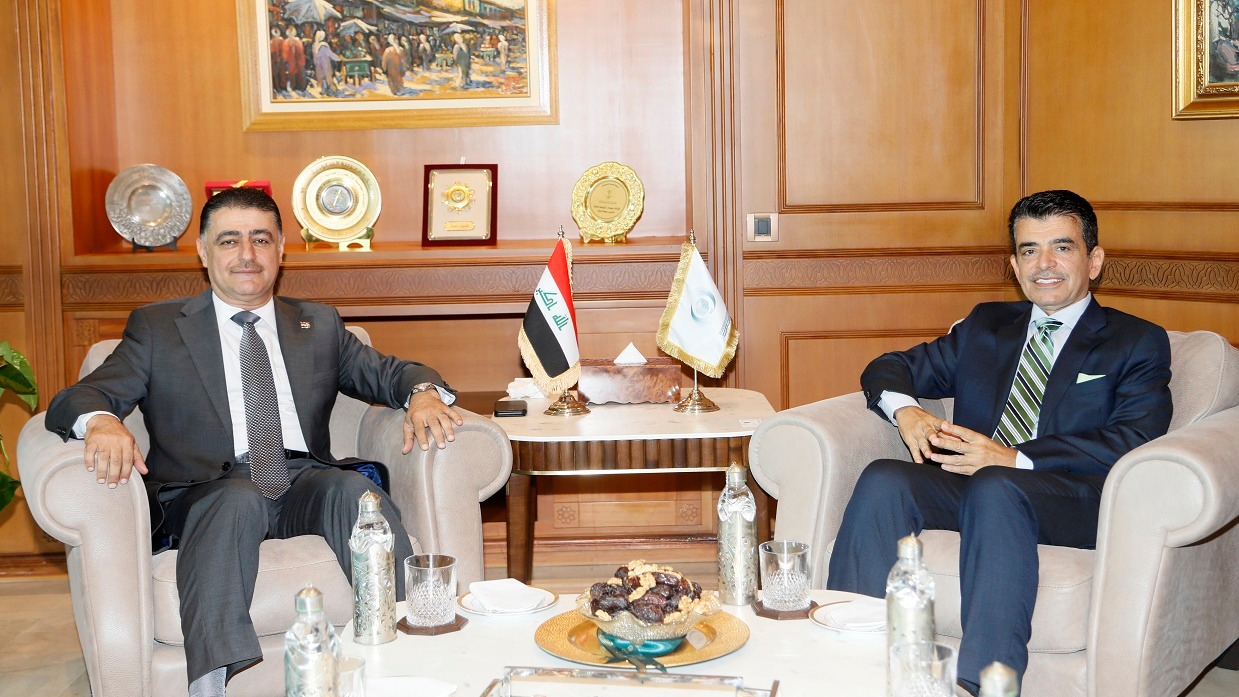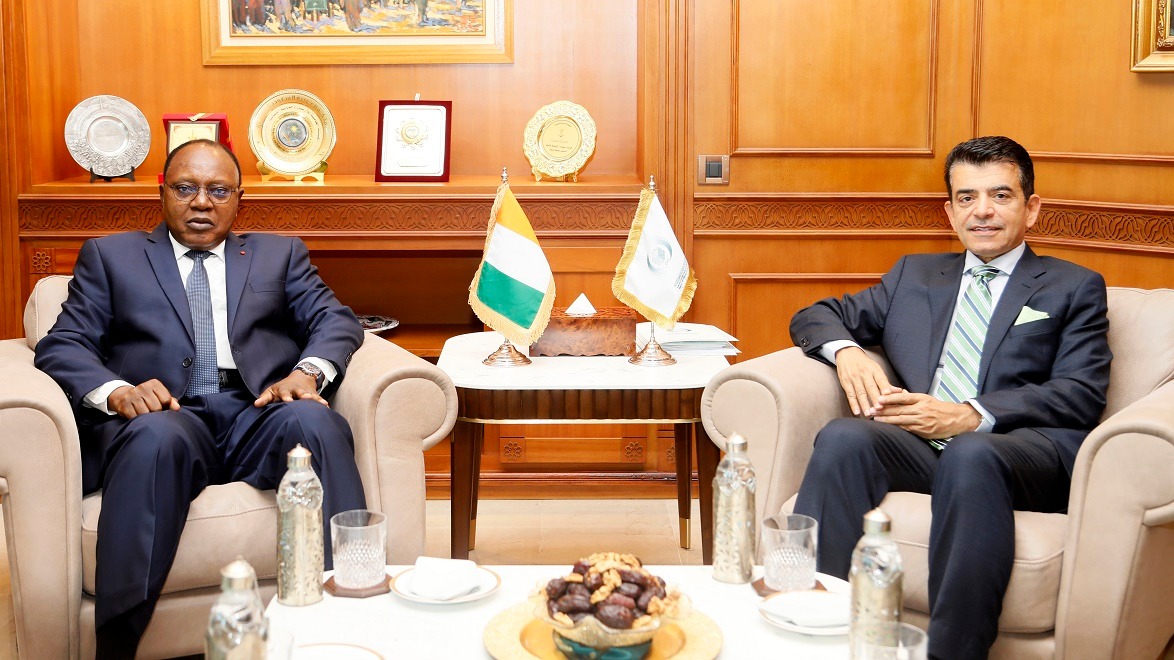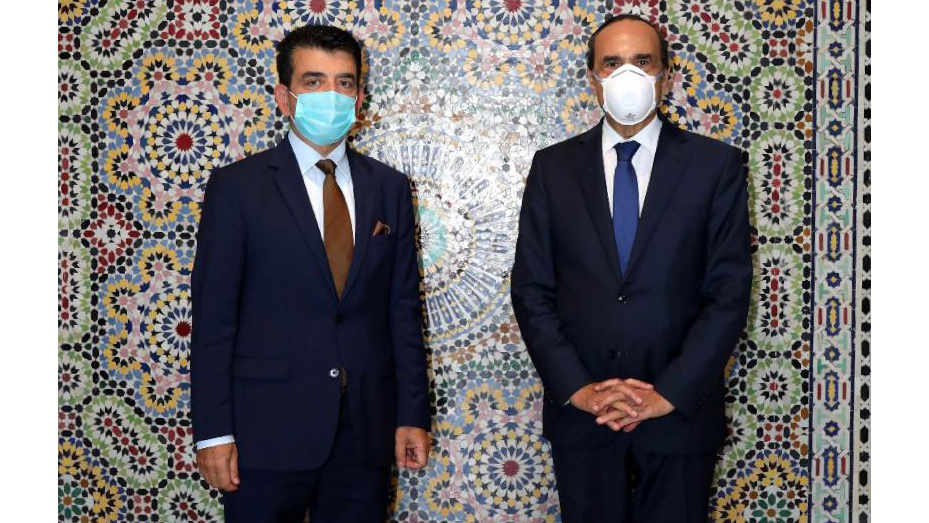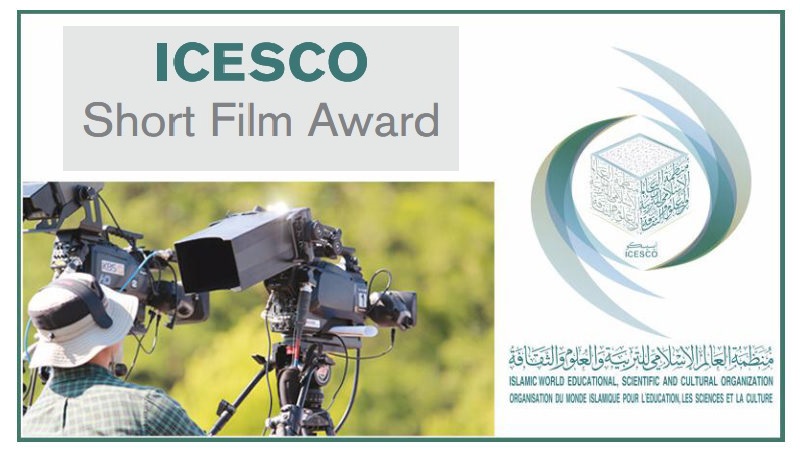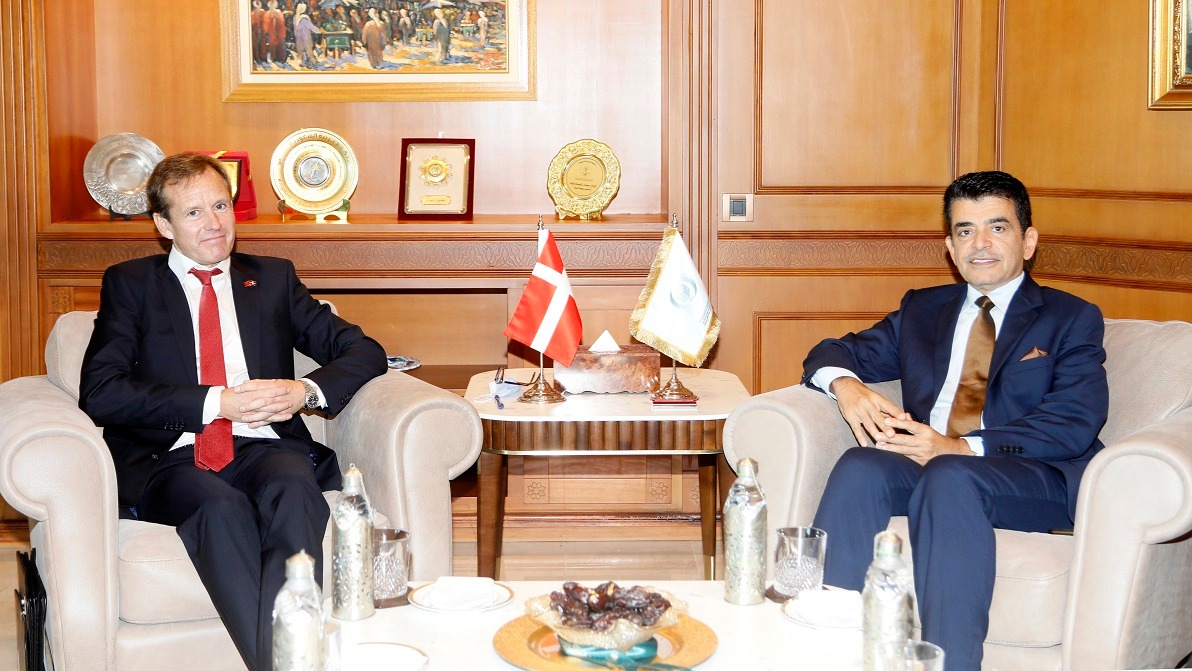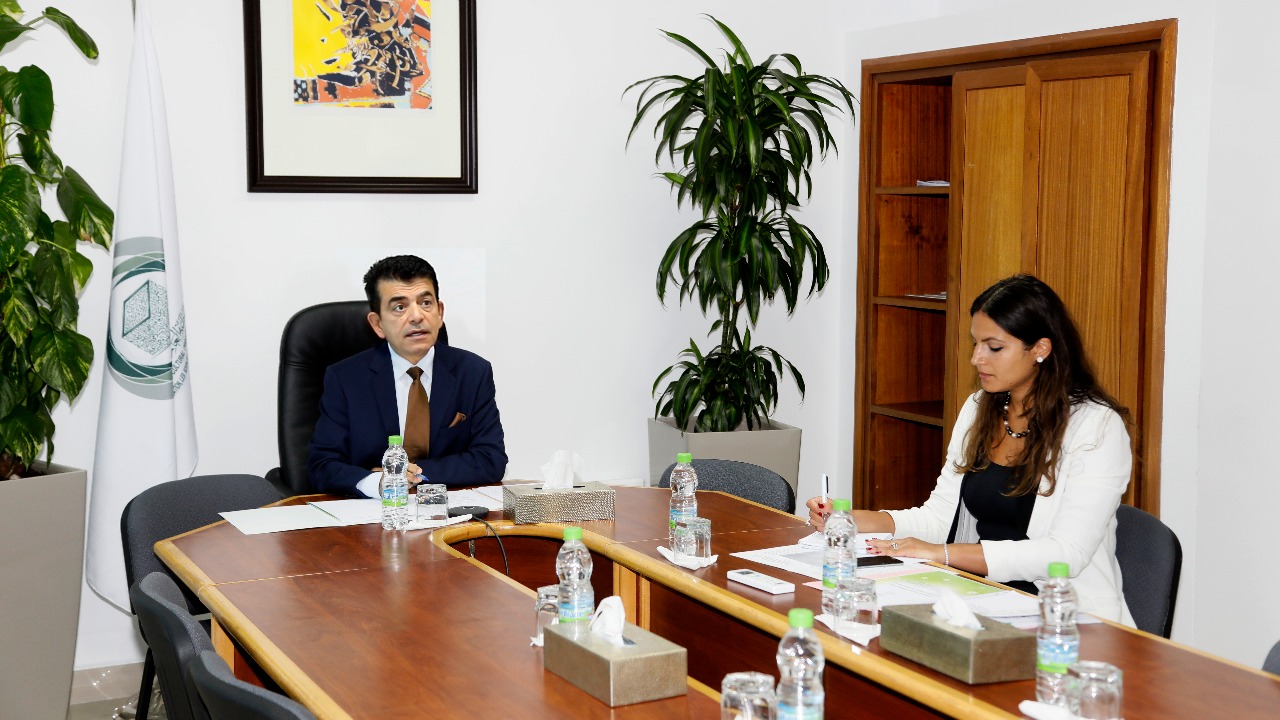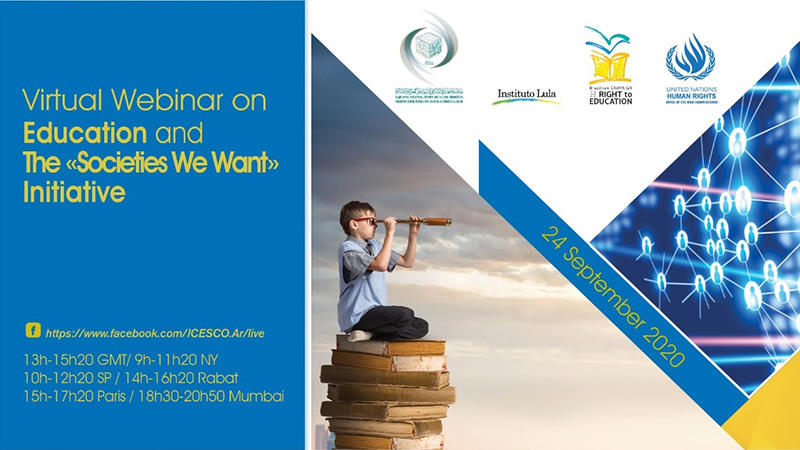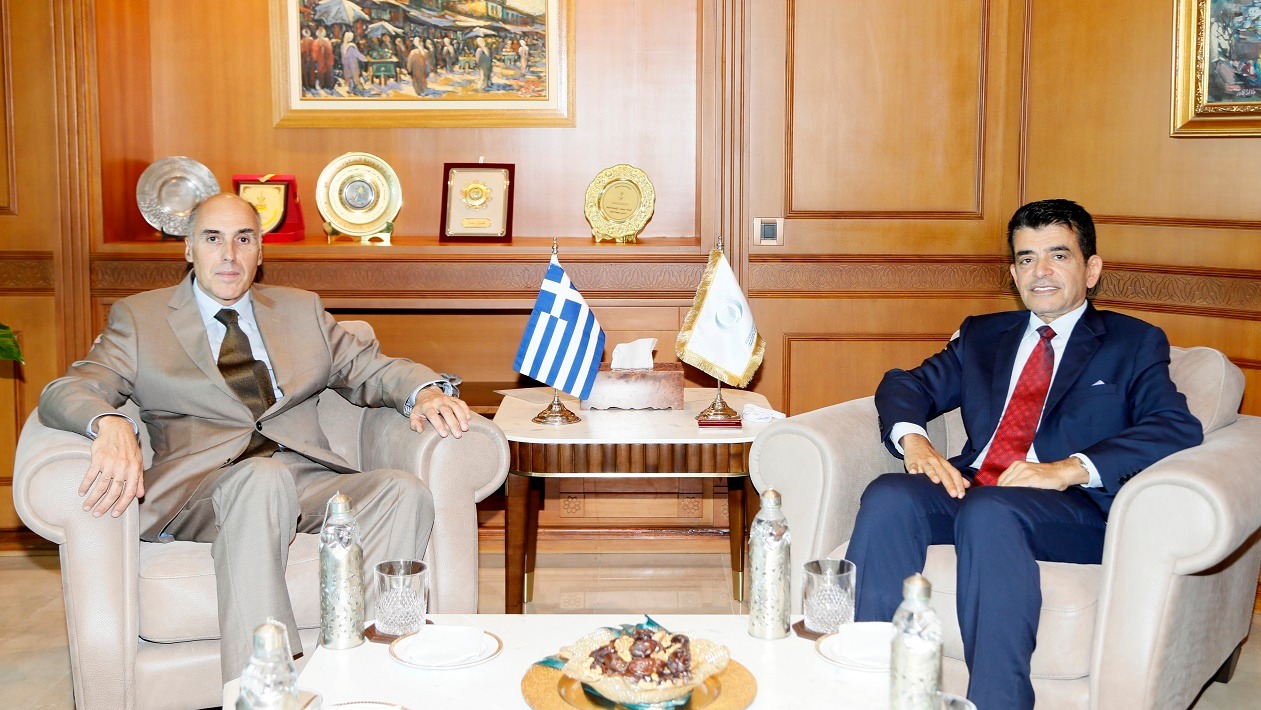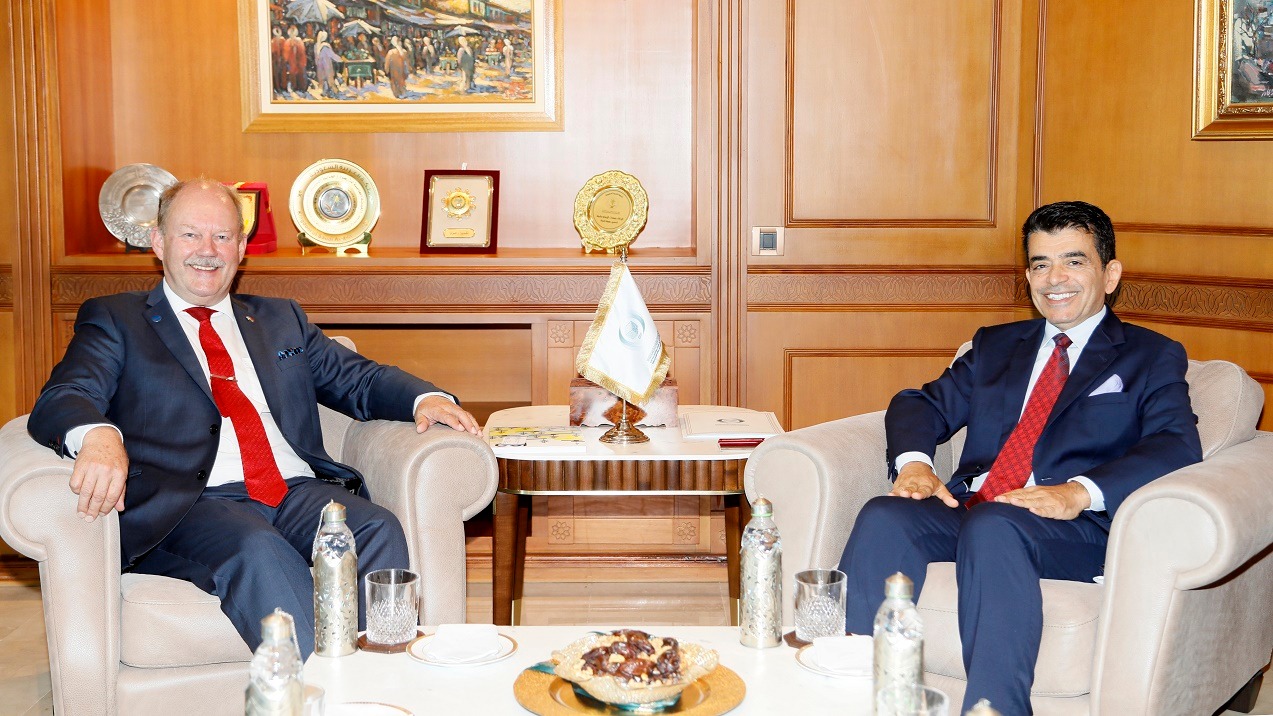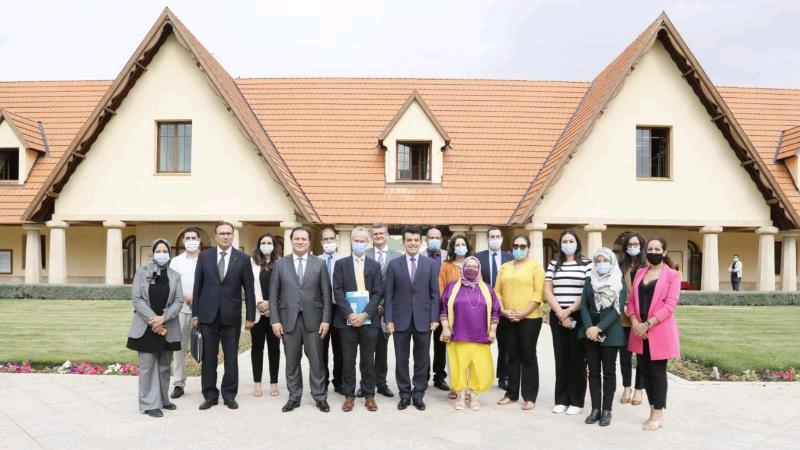Dr. Salim M. AlMalik, Director-General (DG) of the Islamic World Educational, Scientific, and Cultural Organization (ICESCO), received yesterday, September 23, Dr. Botan Dizayee, Chargé d’affaires of the Iraqi Embassy at Morocco. The two officials explored avenues for cooperation between ICESCO and Iraq in education, science, and culture.
Dr. AlMalik highlighted ICESCO’s new vision and strategy that promotes effective communication with the Member States. The Organization prepared country-specific programs that involve local authorities.
“ICESCO also involves non-Member States to capitalize on their expertise in education, science, innovation, and culture, and can join ICESCO as observer states,” he added.
Dr. AlMalik reviewed the ICESCO’s major initiatives, programs, and activities to help countries counter the negative repercussions of the COVID-19 pandemic. The Organization, in cooperation with donors, aided multiple Member States to ensure the continuity of schooling, provide prevention materials, establish best-cost sanitizer production units, and train local community members.

The DG also stated that the Organization held many ministerial conferences and international forums during the pandemic. Heads of states and renowned international figures took part in several events, underlined Dr. AlMalik, while commending the active participation of the Iraqi officials.
Dr. Hassan Nazim, Iraqi Minister of Culture, Tourism and Antiquities participated in last July’s “The International Conference on Combating Illicit Trafficking of Cultural Property and its Restitution.”
“ICESCO has exerted great efforts to protect and conserve heritage through the establishment of the Islamic World Heritage Committee, the inscription of historic sites and intangible heritage on the Islamic World Heritage List, as well as the establishment of the Heritage Center,” explained Dr. AlMalik.
“Iraq is among the countries most exposed to looting and desecration of antiquities. We can cooperate in this regard to inscribe the largest number possible of Iraqi heritage sites on the List,” he stressed.
The Iraqi Chargé d’affaires commended ICESCO’s great efforts and support to the Member States while stressing his country’s keenness to cooperate with the Organization, particularly in the field of heritage.


